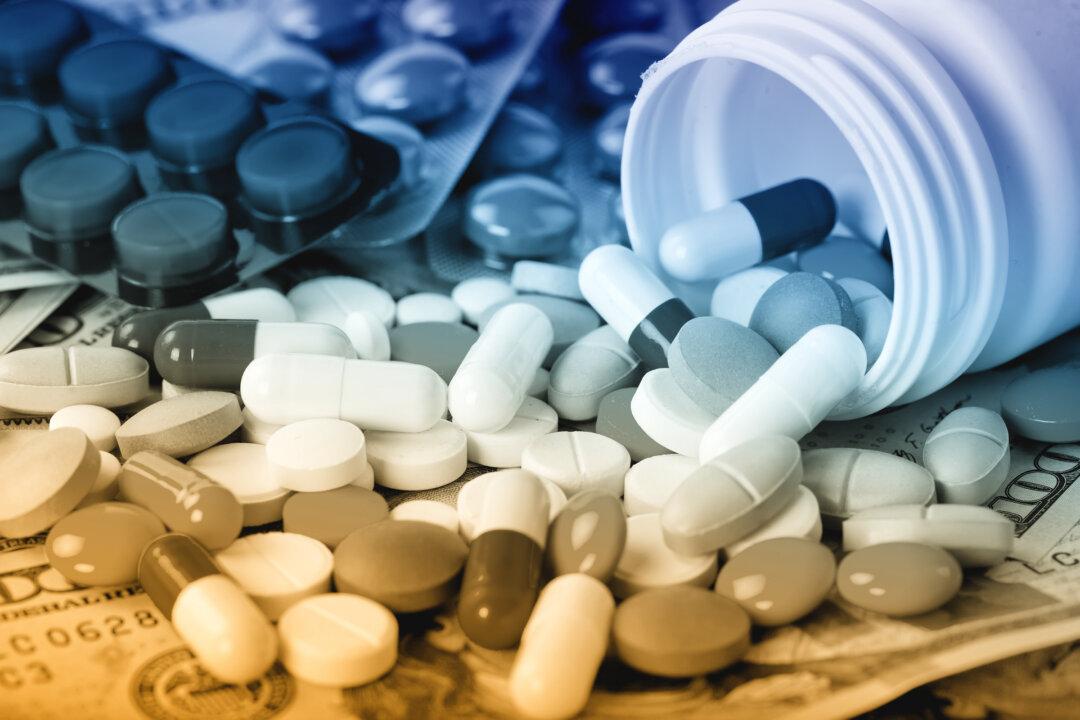Commentary
Scientific misconduct has cast a long shadow over the fields of medicine and public health, significantly impacting public trust and posing serious ethical and legal challenges.

Scientific misconduct has cast a long shadow over the fields of medicine and public health, significantly impacting public trust and posing serious ethical and legal challenges.